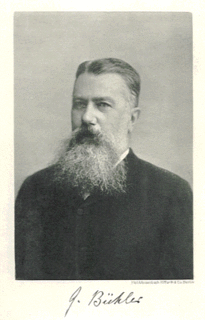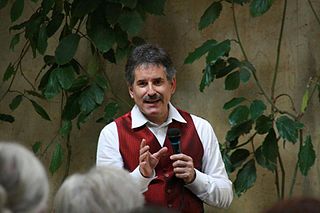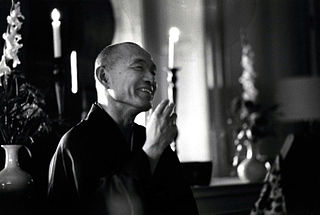A Quote by Rudolf Steiner
A philosophy of freedom must set out from the experience of thinking, for it is through this experience of thinking that a human being discovers his own self, finds his bearings as an independent personality.
Related Quotes
The individual man, in introspecting the fact of his own consciousness, also discovers the primordial natural fact of his freedom: his freedom to choose, his freedom to use or not use his reason about any given subject. In short, the natural fact of his "free will." He also discovers the natural fact of his mind's command over his body and its actions: that is, of his natural ownership over his self.
[Albert Camus] started thinking through sensation. He could never think with artefacts or with cultural models because there were none. So it's true to say that his morality was extremely 'lived', made from very concrete things. It never passed by means of abstractions . It's his own experience, his way of thinking.
The process of writing can be a powerful tool for self-discovery. Writing demands self-knowledge; it forces the writer to become a student of human nature, to pay attention to his experience, to understand the nature of experience itself. By delving into raw experience and distilling it into a work of art, the writer is engaging in the heart and soul of philosophy - making sense out of life.
Some form of gnosis or immediacy is attached to all thinking as its root-form or primitive origination; every act of thinking has this passive derivation, this coming-into-being of thinking not out of nothing (as it likes to imagine) but out of some unthinkable something. But the most self-abstractivist or self-reductivist kind of thinking cannot tolerate even the notion (much less the traumatic experience or confrontation) of an incurable pathos, a weakness or blind-spot, within consciousness. The very idea is an insult to the autonomy or self-determinability of ego/will/reason.
Whenever a human being ceases to live for themselves and begins to care about that which is greater than themselves, the personality begins to experience ecstasy, joy and spontaneous liberation. And that's found through doing, through action, through giving, through deeply embracing the human experience.
An actor must interpret life, and in order to do so must be willing to accept all the experiences life has to offer. In fact, he must seek out more of life than life puts at his feet. In the short span of his lifetime, an actor must learn all there is to know, experience all there is to experience, or approach that state as closely as possible. He must be superhuman in his efforts to store away in the core of his subconscious everything that he might be called upon to use in the expression of his art.
There must be a solemn and terrible aloneness that comes over the child as he takes those first independent steps. All this is lost to memory and we can only reconstruct it through analogies in later life....To the child who takes his first steps and finds himself walking alone, this moment must bring the first sharp sense of the uniqueness and separateness of his body and his person, the discovery of the solitary self.
A Godly leader ... finds strength by realizing his weakness
finds authority by being under authority
finds direction by laying down his plans
finds vision by seeing the needs of others
finds credibility by being an example
finds loyalty by expressing compassion
finds honor by being faithful
finds greatness by being a servant
A perfect historian must possess an imagination sufficiently powerful to make his narrative affecting and picturesque; yet he must control it so absolutely as to content himself with the materials which he finds, and to refrain from supplying deficiencies by additions of his own. He must be a profound and ingenious reasoner; yet he must possess sufficient self-command to abstain from casting his facts in the mould of his hypothesis.
If you seek reality you must set yourself free of all backgrounds, of all cultures, of all patterns of thinking and feeling. Even the idea of being man or woman, or even human should be discarded. The ocean of life contains all, not only humans. So, first of all abandon all self-identification, stop thinking of yourself as such-and-such or so-and-so, this or that. Abandon all self-concern, worry not about your welfare, material or spiritual, abandon every desire, gross or subtle, stop thinking of achievement of any kind. You are complete here and now, you need absolutely nothing.
I have observed this in my experience of slavery, - that whenever my condition was improved, instead of its increasing my contentment, it only increased my desire to be free, and set me to thinking of plans to gain my freedom. I have found that, to make a contented slave, it is necessary to make a thoughtless one. It is necessary to darken his moral and mental vision, and, as far as possible, to annihilate the power of reason. He must be able to detect no inconsistencies in slavery; he must be made to feel that slavery is right; and he can be brought to that only when he ceased to be a man.








































